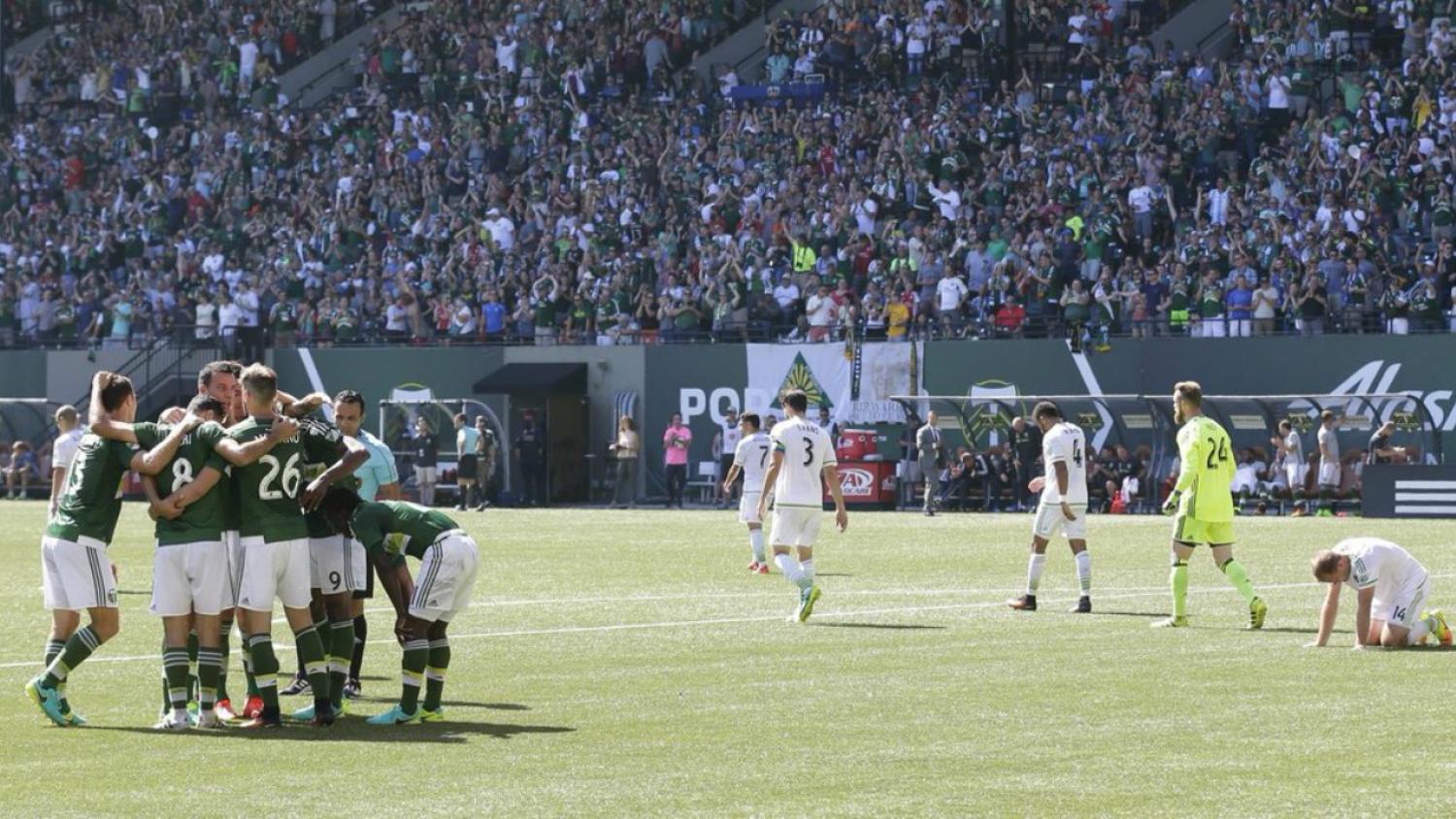Major League Soccer has been something of a taboo subject for football fans around the world for many years now. It's often regarded as an oddity within the world's game due to the fact that the American conception of football is so different to our own.
It's as if they've been cast off from the rest of the footballing landscape, free to do as they please until they're ready to come around. Now, it seems as though America has finally got around to embracing the world’s game. The real question is, can they now compete with the other elite leagues across the globe?
Having been formed in 1993, MLS has been around for longer than most people realize. In terms of relevancy, however, that's only come within the last few years. The 1994 World Cup that took place over in the States managed to generate some more interest, with big stadiums and a carnival atmosphere at many of the games.
The final managed to gain a crowd of over 94,000 at the Rose Bowl, signifying that there may well be a future for the sport in ‘the land of the free’.
David Beckham was the man who brought the limelight to MLS, shocking the world when he chose to move to the LA Galaxy in 2007. With that fame came more attention, and eventually more and more star players were transferring over to ply their trade in the division.
Recently, the big names have been coming at a constant rate, with world-class talent like David Villa, Steven Gerrard and Frank Lampard being the highlights.
According to some experts, MLS is even one of the top 10 leagues in the world at this point. So, why do the masses still think of it as a level beneath the top European divisions? What will it take for MLS to actually command the world’s respect?
Football (Avg) attendance in 2015-16#Bundesliga 43,309 #EPL 36,451
La Liga 27,775
Serie A 22,199
MLS 21,574
Ligue 1 20,560
J-Leahue 17,803— ナルトファン (@calimike1) September 7, 2016
First off, the terminology could use some freshening up. 'Soccer' is always going to be a term that is associated with Americans due to American football being such a trademark of their culture.
However, using words like 'shutout' isn't helping matters — they need to remove the tendencies to relate soccer to other US sports.
They need to decide upon a structure and stick to it, too. The playoffs are an interesting feature, but a lot of fans prefer a decisive winner within a regular league format.
There's also the expansion issue with new teams coming into the system every few years. For example, Minnesota United and Atlanta United will make their presence known starting in the 2017 season. Will this eventually lead to a system of relegation and promotion? Hopefully, but that doesn't appear to be likely anytime soon.
There's also been a degree of bragging to go alongside the gaining exposure that MLS is getting. Statistics have been released to show that the average attendances are exceeding the NHL and NBA, but, in reality, that isn't much of an achievement.
The attendance differences between the leagues is minimal, while television viewership ratings for MLS still trails the NHL and NBA.
Some Americans don't see football, or 'soccer’, as a real sport in comparison to their own. But if American's start to apply different methods of advertising and marketing to their product, they could find themselves rising up in the ranks of the footballing world.



